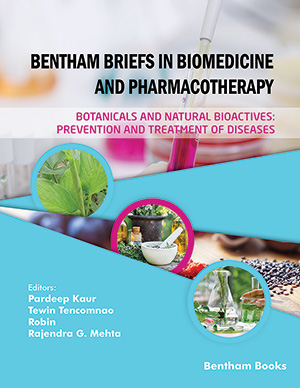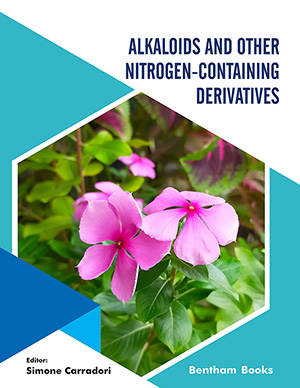
Abstract
In many communities, cannabis is perceived as a low-risk drug, leading to political lobbying to decriminalise its use. Acute and chronic cannabis use has been shown to be harmful to several aspects of psychological and physical health, such as mood states, psychiatric outcomes, neurocognition, driving and general health. Furthermore, cannabis is highly addictive, and the adverse effects of withdrawal can lead to regular use. These in turn have adverse implications for public safety and health expenditure. Although the cannabinoid cannabidiol (CBD) has been shown to have positive health outcomes with its antioxidant, anticonvulsant, anti-inflammatory and neuroprotective properties, high-potency cannabis is particularly damaging due to its high tetrahydrocannabinol (THC), low CDB concentration. It is this high-potency substance that is readily available recreationally. While pharmaceutical initiatives continue to investigate the medical benefits of CDB, “medicinal cannabis” still contains damaging levels of THC. Altogether, we argue there is insufficient evidence to support the safety of cannabis and its subsequent legalisation for recreational use. Furthermore, its use for medicinal purposes should be done with care. We argue that the public conversation for the legalisation of cannabis must include scientific evidence for its adverse effects.
Keywords: Cannabis, cognition, psychosis, dependence, health, education.
 221
221 18
18
















